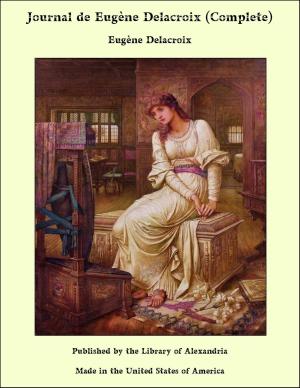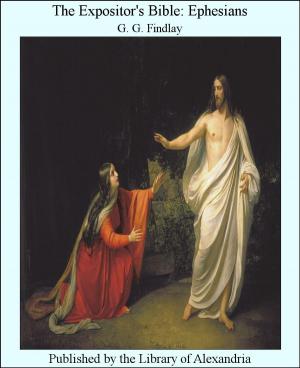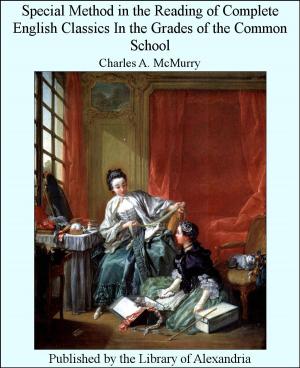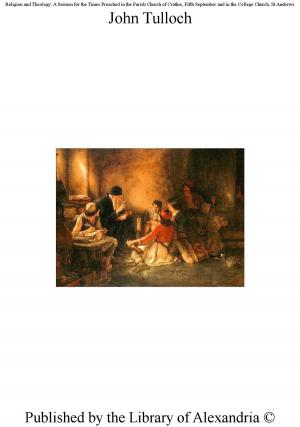Mr. John Stuart Mill and the Ballot: A Criticism of His Opinions As Expressed In Thoughts On Parliamentary Reform
Nonfiction, Religion & Spirituality, New Age, History, Fiction & Literature| Author: | A Westminster Elector | ISBN: | 9781465585660 |
| Publisher: | Library of Alexandria | Publication: | March 8, 2015 |
| Imprint: | Language: | English |
| Author: | A Westminster Elector |
| ISBN: | 9781465585660 |
| Publisher: | Library of Alexandria |
| Publication: | March 8, 2015 |
| Imprint: | |
| Language: | English |
Mr. Mill, in his "Thoughts on Parliamentary Reform," denies the necessity of the ballot, and condemns it as likely to produce serious moral and social evils. He says: "I hope to show sufficient reasons why this should be included, not among the things which ought, but among those which ought not, to form part of a measure for reforming the representation. It appears to me that secret suffrage—a very right and justifiable demand when originally made—would at present, and still more in time to come, produce far greater evil than good." The conversion of so eminent a radical as Mr. Mill from the advocacy of secret voting deserves the more careful consideration of all sincere reformers, inasmuch as his condemnation of the ballot has been vaunted by all its opponents, especially by those who dissent entirely from his general opinions. It is therefore intended in these pages to examine his reasons for this change, in order to ascertain whether they are sufficient to render a demand which thirty years since was "right and justifiable," the contrary at the present time. Circumstances may have changed entirely; if so, it is folly to persevere in a needless and profitless agitation. If, however, the same evils still predominate in our electoral system which thirty years since made the demand for the ballot "right and justifiable," the agitation in its behalf must be pursued with renewed vigour.
Mr. Mill, in his "Thoughts on Parliamentary Reform," denies the necessity of the ballot, and condemns it as likely to produce serious moral and social evils. He says: "I hope to show sufficient reasons why this should be included, not among the things which ought, but among those which ought not, to form part of a measure for reforming the representation. It appears to me that secret suffrage—a very right and justifiable demand when originally made—would at present, and still more in time to come, produce far greater evil than good." The conversion of so eminent a radical as Mr. Mill from the advocacy of secret voting deserves the more careful consideration of all sincere reformers, inasmuch as his condemnation of the ballot has been vaunted by all its opponents, especially by those who dissent entirely from his general opinions. It is therefore intended in these pages to examine his reasons for this change, in order to ascertain whether they are sufficient to render a demand which thirty years since was "right and justifiable," the contrary at the present time. Circumstances may have changed entirely; if so, it is folly to persevere in a needless and profitless agitation. If, however, the same evils still predominate in our electoral system which thirty years since made the demand for the ballot "right and justifiable," the agitation in its behalf must be pursued with renewed vigour.

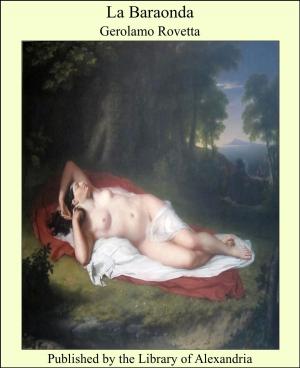

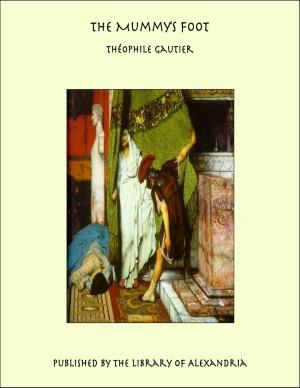

![Cover of the book Rocky Mountain [Colorado] National Park by A Westminster Elector](https://www.kuoky.com/images/2015/march/300x300/9781465508690-kJJ6_300x.jpg)
